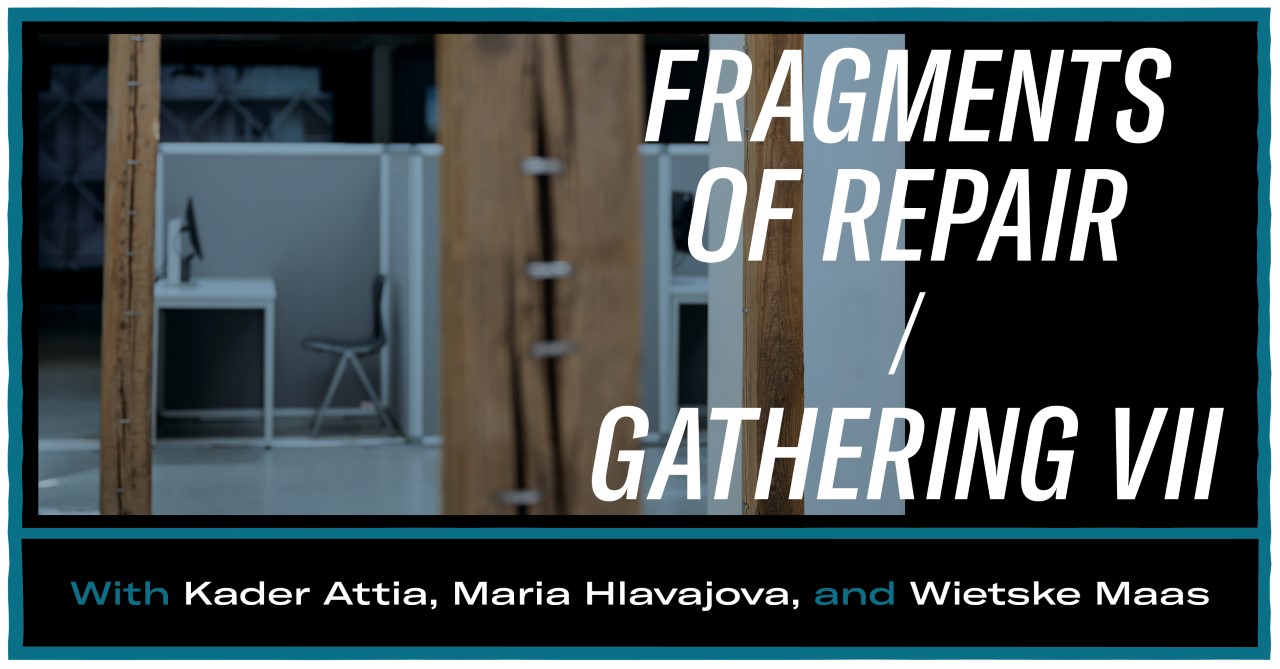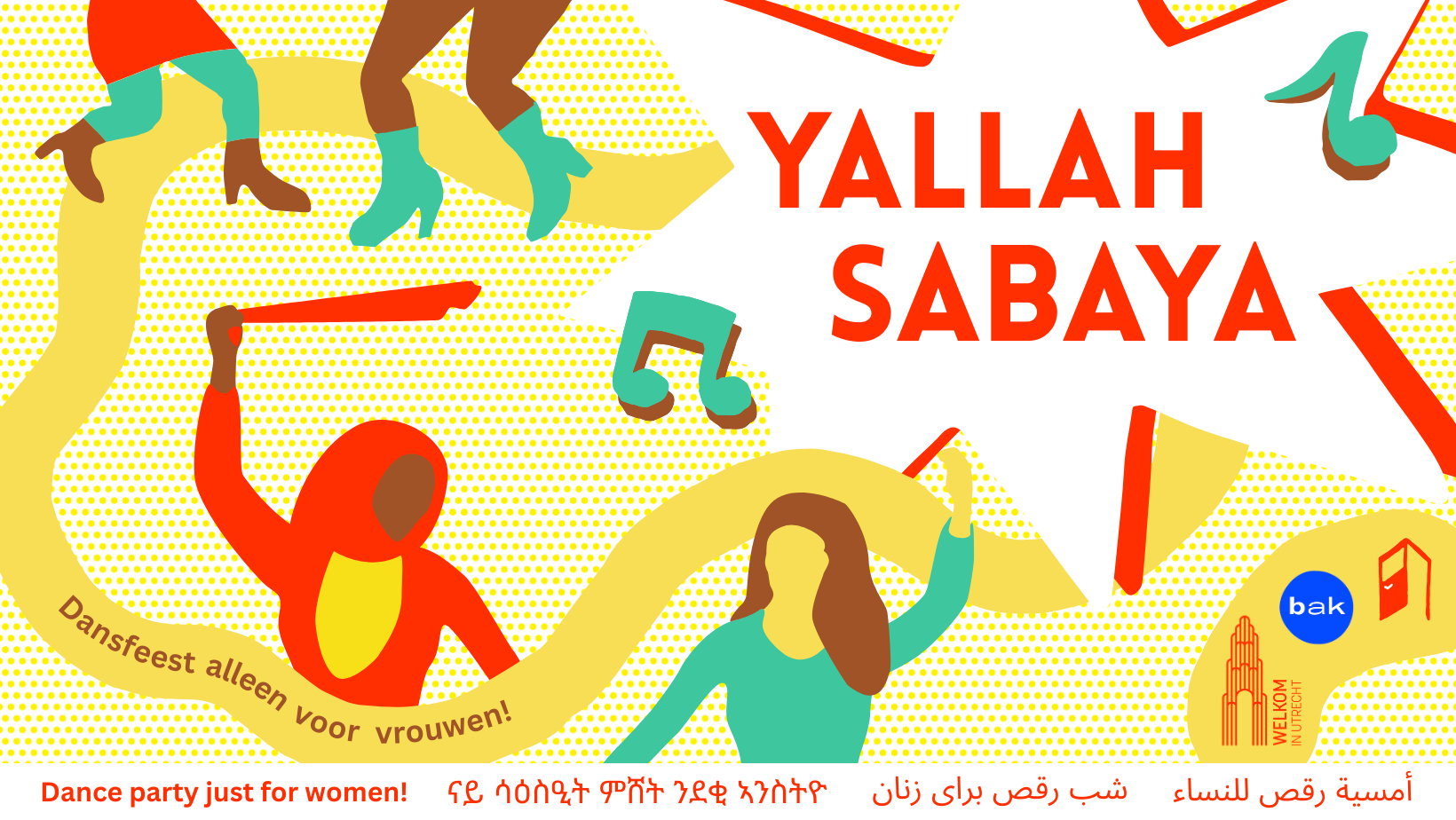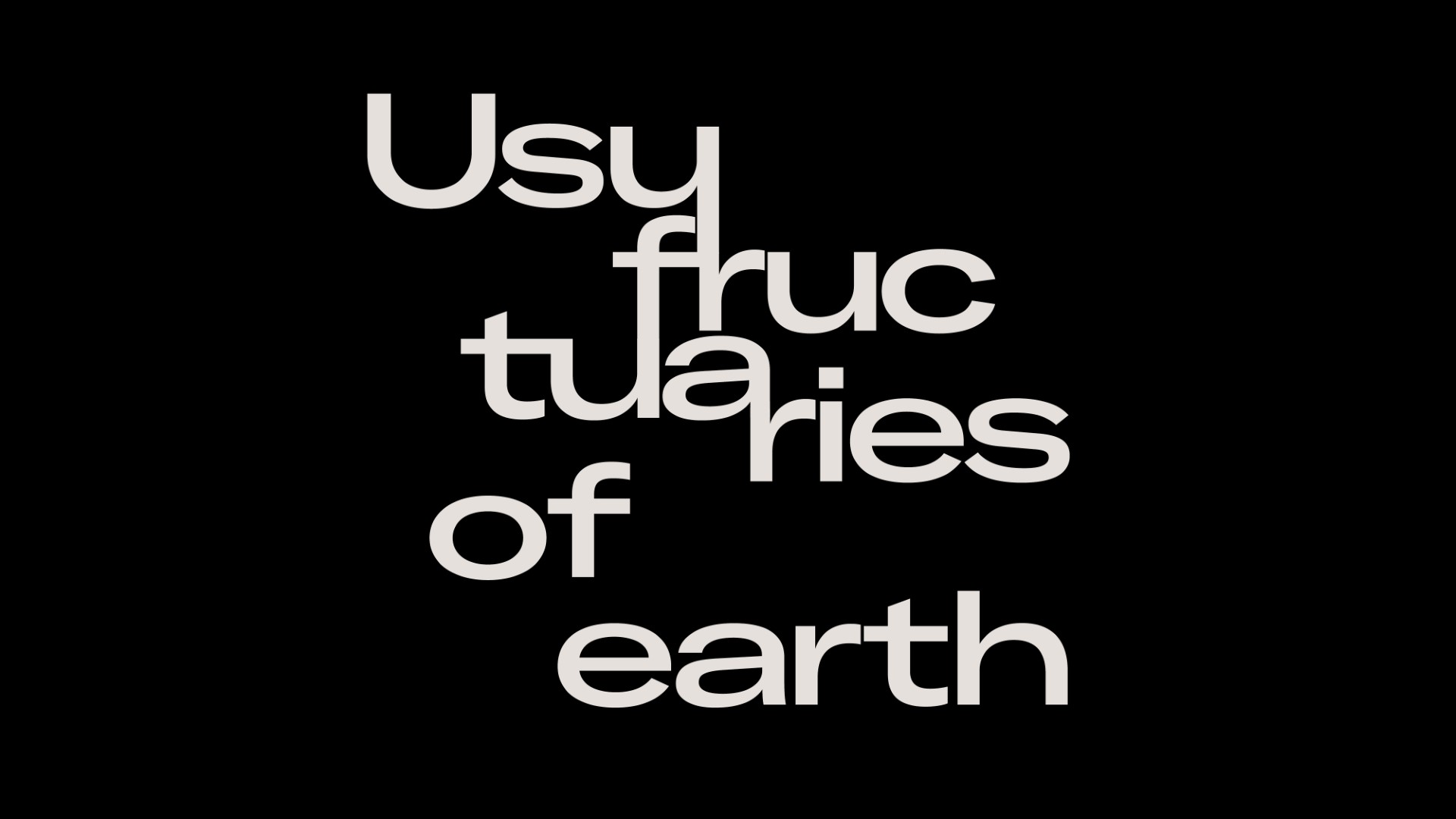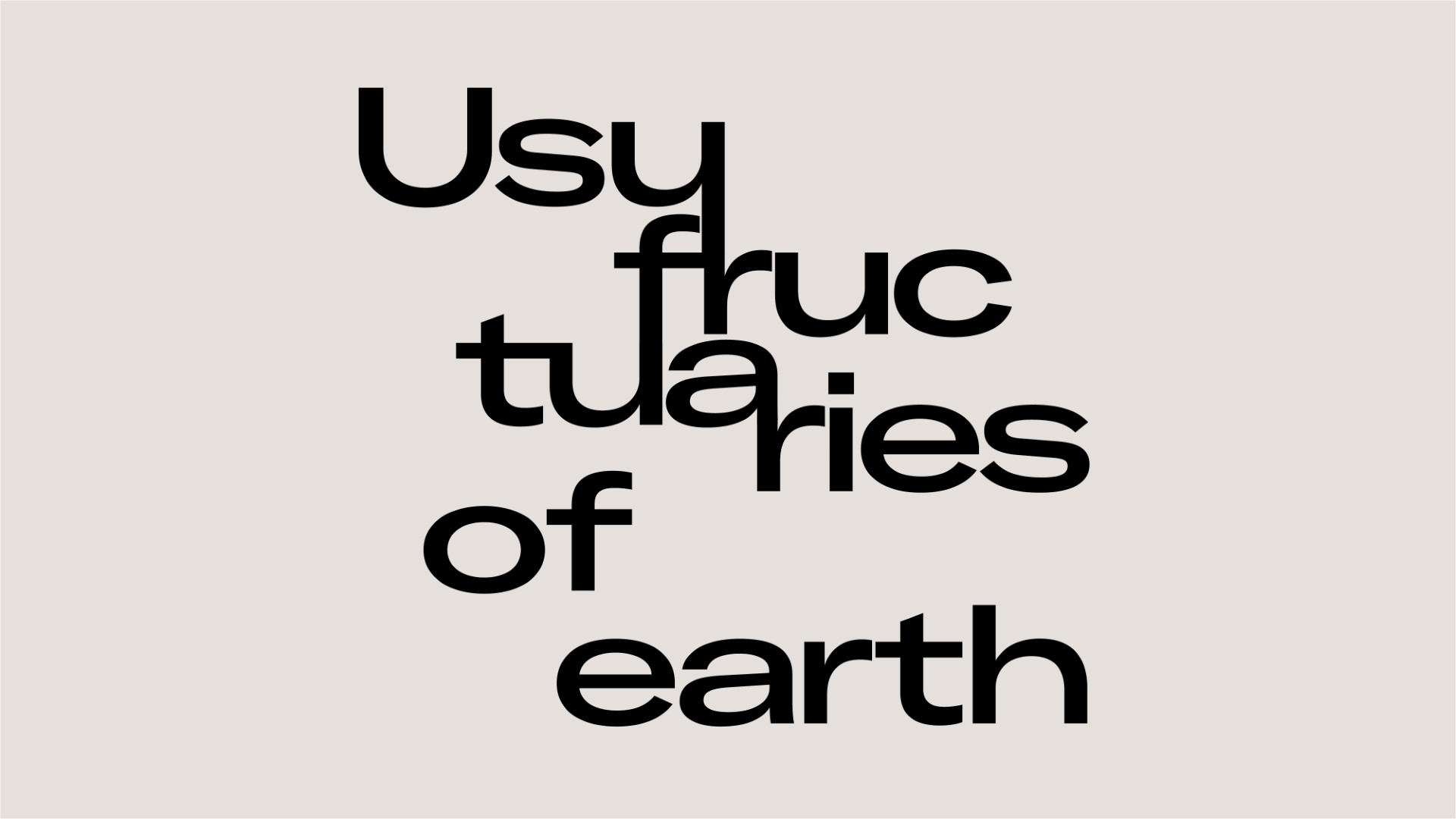Fragments of Repair/Gathering VII

Image: Exhibition Fragments of Repair/Kader Attia, BAK, basis voor actuele kunst, Utrecht, 2021, photo: Tom Janssen / Design: Sean van den Steenhoven for Leftloft
Tickets available for both in person attendance at BAK, Utrecht and for online livestreaming. A ticket for the gathering allows free entry into the exhibition.
Taking place on Sunday 26 September 2021 in the context of the project Fragments of Repair, convened by BAK, basis voor actuele kunst, Utrecht with artist Kader Attia and decolonial forum La Colonie, the seventh and final gathering of Fragments of Repair/Gatherings consists of a conversation between Kader Attia, BAK general and artistic director Maria Hlavajova, and BAK curator Wietske Maas, and marks the conclusion of the exhibition Fragments of Repair/Kader Attia with the opportunity to visit the exhibition in the presence of the artist.
The conversation reflects upon the multi-part project Fragments of Repair and especially upon its proposition of decolonial repair as a means to engage with the planetary urgencies of collective mental health in a world wounded by the Covid-19 pandemic. How do injury and pathways of repair—concepts which have driven Attia’s artistic inquiry over the last two decades—contribute to the ongoing struggles of decolonization both in and out of the viral and psychological pandemonium?
Video registration of this program:
Program
(All times are Central European Summer Time/CEST)
13.00–15.30 hrs
Opportunity to visit the exhibition Fragments of Repair/Kader Attia
15.30 hrs
Opening Words of Welcome
with Maria Hlavajova and Wietske Maas
15.45 hrs
Conversation
with Kader Attia, Maria Hlavajova, and Wietske Maas
17.00–19.00 hrs
Opportunity to visit the exhibition Fragments of Repair/Kader Attia
REGISTRATION
Important: “Coronatoegangsbewijs”
Please note: for this program, it is required to show a “Coronatoegangsbewijs” (Corona entry pass) at the door. This is an official proof of vaccination or recovery, or a negative test result. You can present this proof via a QR-code in the CoronaCheck app, or via a printed version from CoronaCheck.nl/print. Please also bring along a valid ID. More information about the “Coronatoegangsbewijs” can be found here on the website of the Dutch Government. Please also review our other Covid-19 guidelines here.
Registration for In-Person Tickets
Want to join the gathering in person at BAK? Register tickets via the “Tickets (In Person)” button above. Please arrive 10 minutes before the program starts.
Options for In-Person Tickets:
Regular Ticket: €6
Student Ticket: €3
Solidarity Ticket: Free
Registration for Online Tickets
To join the program online, register tickets via the “Tickets (Online)” button above.
There are several ways to join the gathering. Please join us free of charge by selecting the “solidarity ticket” option. If you are able and willing to support BAK’s program’s financially, please consider selecting a paid ticket option.
Options for Online Tickets:
Regular Ticket: €4
Student Ticket: €2
Solidarity Ticket: Free
After registration, you will be sent the link to the Zoom webinar.
Donate to BAK
Your donation helps support BAK’s programs, and our ability to offer solidarity tickets to those who otherwise would not be able to join our programs. In the check-out screen, donation options (starting from €2) to support BAK are available.



